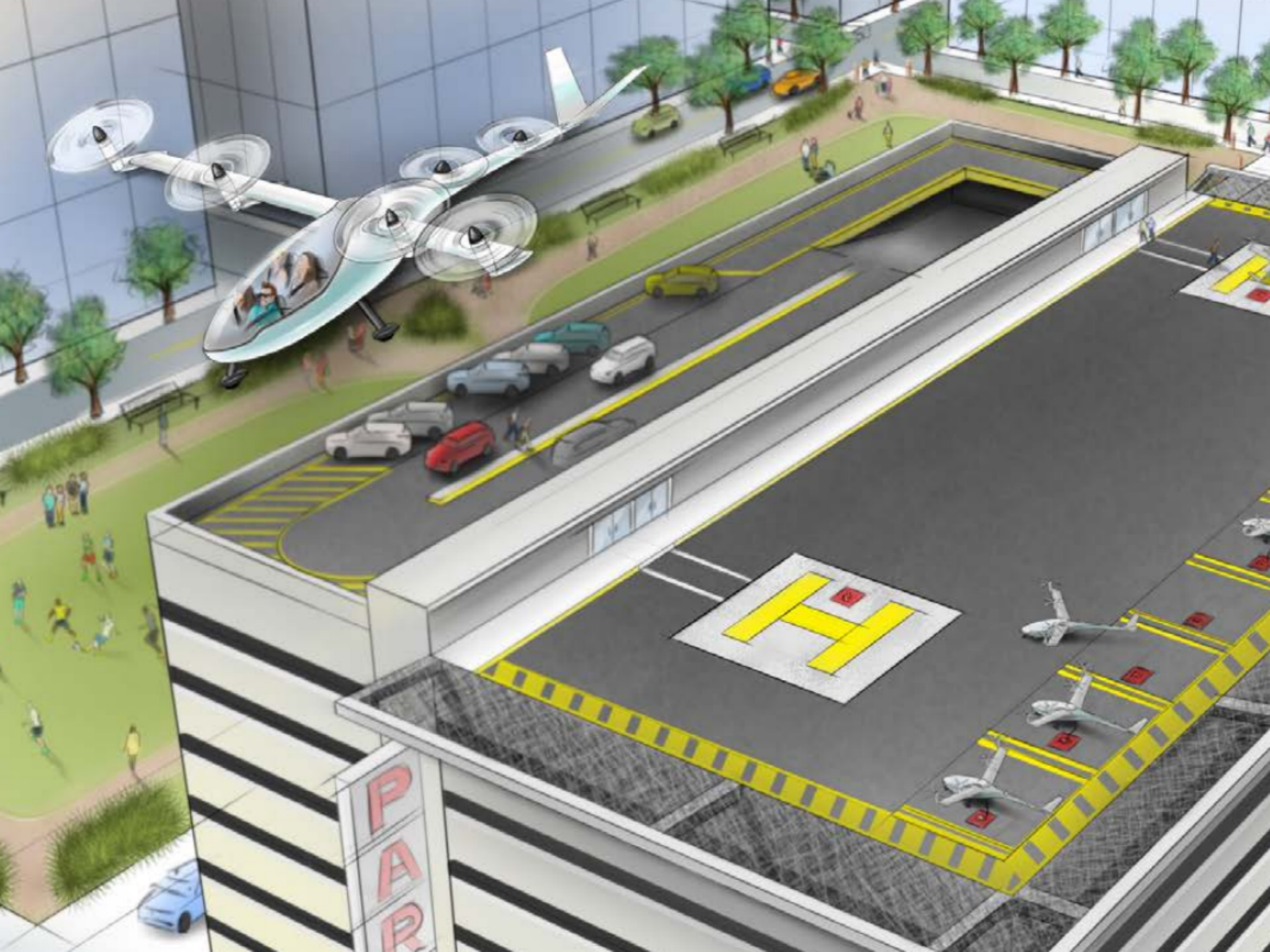Uber hires Nasa engineer to lead flying car project
'I can’t think of another company in a stronger position to be the leader for this new ecosystem and make the urban electric VTOL market real'

Your support helps us to tell the story
From reproductive rights to climate change to Big Tech, The Independent is on the ground when the story is developing. Whether it's investigating the financials of Elon Musk's pro-Trump PAC or producing our latest documentary, 'The A Word', which shines a light on the American women fighting for reproductive rights, we know how important it is to parse out the facts from the messaging.
At such a critical moment in US history, we need reporters on the ground. Your donation allows us to keep sending journalists to speak to both sides of the story.
The Independent is trusted by Americans across the entire political spectrum. And unlike many other quality news outlets, we choose not to lock Americans out of our reporting and analysis with paywalls. We believe quality journalism should be available to everyone, paid for by those who can afford it.
Your support makes all the difference.Uber has reaffirmed its flying cars ambitions by hiring former Nasa engineer Mark Moore.
Moore has 30 years of experience at Nasa, and becomes the director of engineering for aviation at Uber Elevate.
“I can’t think of another company in a stronger position to be the leader for this new ecosystem and make the urban electric VTOL market real,” said Moore, who published a white paper on vertical takeoff and landing vehicles (VTOL) back in 2010.
That research inspired Google co-founder Larry Page to finance Silicon Valley startups Zee Aero and Kitty Hawk, which aimed to develop VTOL technology further.
Uber, meanwhile, outlined its plans for flying cars in a white paper published last October, one which Moore contributed to.
The company envisions a future in which consumers can take a regular Uber ride to a ‘vertiport’, where flying cars would be able to transport them to another vertiport located near their office.
However, the company has also outlined what it considers to be the key issues facing the development and deployment of flying cars, such as battery life, noise pollution and vehicle efficiency.
Moore has highlighted a number of non-technical issues too.
For instance, he believes flying car companies will have to negotiate with suppliers in order to make the vehicles affordable, as well as campaign for regulators to relax air-traffic restrictions.
“Uber continues to see its role as an accelerant-catalyst to the entire ecosystem, and we are excited to have Mark joining us to work with manufacturers and stakeholders as we continue to explore the use case described in our whitepaper,” said Nikhil Goel, Uber’s head of product for advanced programme.
Join our commenting forum
Join thought-provoking conversations, follow other Independent readers and see their replies
Comments